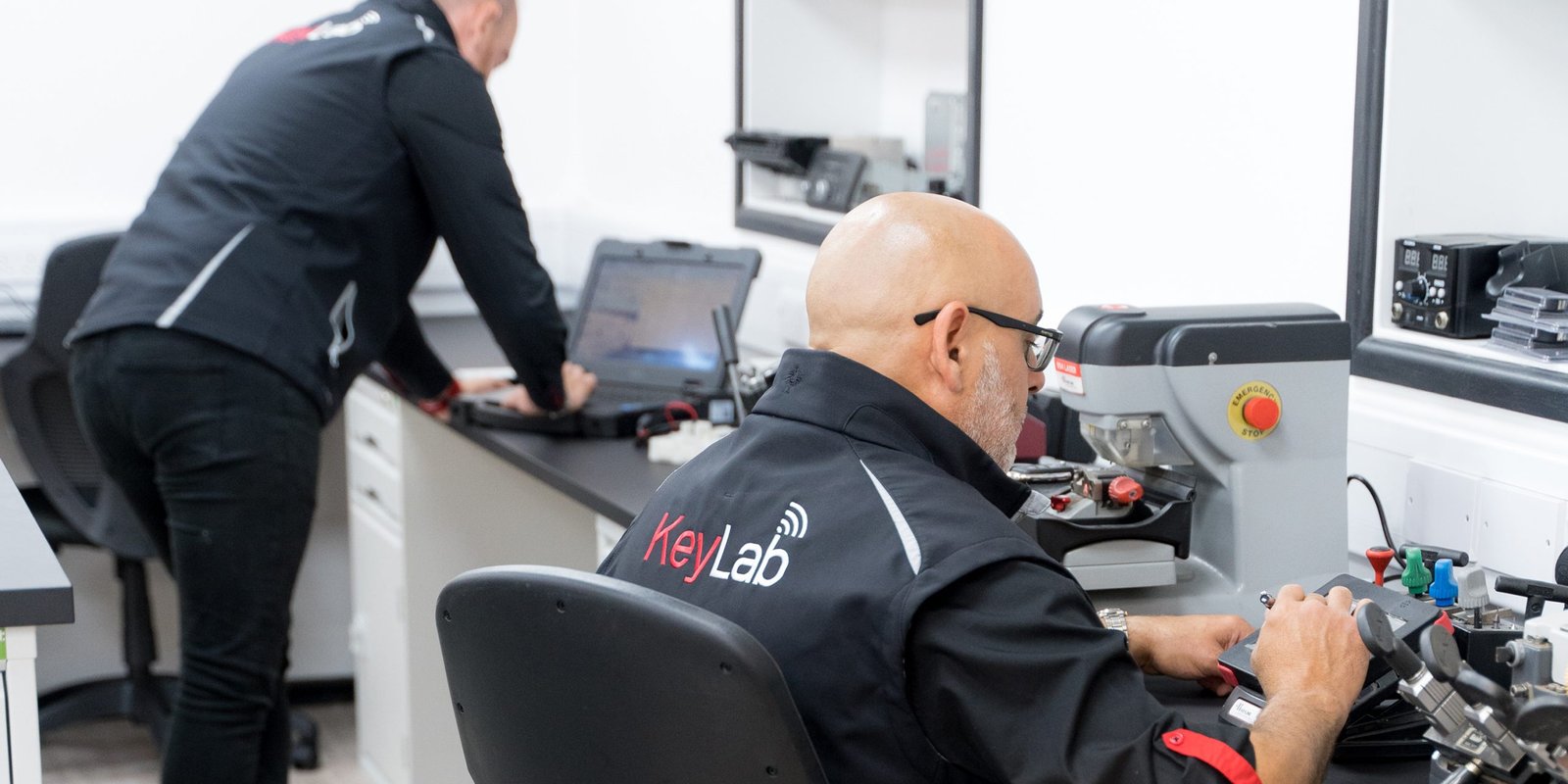Five Things Everyone Makes Up Regarding Car Key Repair

Comprehensive Guide to Car Key Repair: Everything You Need to Know
In today's world, car keys are integral to vehicle access and security. A malfunctioning or broken car key can be a significant trouble, leaving you stranded and annoyed. The Key Lab supplies an extensive overview of car key repair, covering different types of keys, common problems, repair processes, and preventive measures.
Kinds Of Car Keys
Understanding the types of car keys is vital for detecting problems and assessing repair alternatives. The main categories include:
- Traditional Metal Keys: These are the most basic form and are often utilized in older vehicles. They can quickly be duplicated at hardware shops.
- Transponder Keys: Equipped with a microchip, these keys interact with the vehicle's immobilizer system to approve gain access to. They are common in lorries manufactured after the late 1990s.
- Smart Keys: Also called distance keys, these allow keyless entry and ignition. They use sophisticated technology and are typically coupled with a push-button control.
- Key Fobs: These gadgets offer push-button control functions such as locking or opening the doors. They can be standalone or incorporated with clever keys.
- Key Cards: Commonly found in high-end automobiles and newer designs, these cards are used for keyless entry.
Table 1: Types of Car Keys
| Type | Description | Common Issues |
|---|---|---|
| Standard Metal | Basic cut metal keys | Breaking, flexing, trouble in turning |
| Transponder | Key with embedded chip for additional security | Chip failure, programming issues |
| Smart Key | Keyless ignition with distance unlocking | Battery deficiency, chip malfunction |
| Key Fob | Push-button control for locking/unlocking | Battery concerns, signal interference |
| Key Card | Credit card-sized gadget for gain access to | Damaged card, electronic failures |
Typical Problems with Car Keys
Car keys can come across various concerns that might require repair:
- Physical Damage: Keys can bend, break, or end up being used down, making them difficult to use.
- Transponder Issues: The microchip inside a transponder key might malfunction or stop working, avoiding the vehicle from beginning.
- Battery Depletion: Smart keys and key fobs require batteries that can go out, leaving the owner locked out till replaced.
- Programming Issues: Keys require to be configured to the particular vehicle. If this programming is interfered with, the key will not work properly.
- Lost or Stolen Keys: In the occasion keys are misplaced or taken, replacement necessary for security factors.
Car Key Repair Process
Fixing a car key depends upon the type of damage and key involved. Below prevail repair methods for various types of keys:
1. Conventional Metal Keys:
- Repair Method: If cracked or bent, a locksmith can often repair these keys by correcting the alignment of or improving them.
- Replacement: If damage is extreme, replacement is needed.
2. Transponder Keys:
- Repair Method: For malfunctioning chips, a locksmith can reprogram the key.
- Replacement: If the key is broken beyond repair, a new one must be configured to the car's system.
3. Smart Keys:
- Repair Method: Changing the battery may solve concerns with a non-functional smart key.
- Replacement: If the key is harmed, it needs to be replaced and reprogrammed.
4. Key Fobs:
- Repair Method: Simple battery replacements or reprogramming can often fix fob issues.
- Replacement: A brand-new fob will be necessary if physical damage appears.
5. Key Cards:
- Repair Method: In some cases, harmed cards can be repaired if the electronic parts are intact.
- Replacement: Often, replacement is required if the card is extensively harmed.
Preventive Measures
Looking after car keys can avoid typical problems and extend their life expectancy. Here are some preventive tips:
- Avoid Excessive Force: Use keys carefully to avoid flexing or breaking.
- Routine Maintenance: Have your keys inspected regularly, especially transponder and smart keys.
- Correct Storage: Store keys far from moisture and severe temperature levels. Think about using a key holder to prevent wear from other keys.
- Limit Exposure to Magnetism: Keep key fobs far from magnets and gadgets that might interfere with their signaling.
- Replace Batteries Timely: Change batteries in key fobs and wise keys before they die to avoid lockouts.
Frequently asked questions
Q1: Can I repair a broken car key myself?
A: While some small repairs, like battery modifications for fobs, can be done in your home, it's typically recommended to seek advice from an expert locksmith for significant damages.
Q2: How much does it cost to repair or replace a car key?
A: Costs can vary commonly based upon the kind of key, the vehicle's make and model, and the repair needed. Conventional keys might cost as little as ₤ 1 to replicate, while wise keys can vary from ₤ 100 to ₤ 400.
Q3: What should I do if I lose my car key?
A: If you lose your car key, contact a locksmith or your vehicle dealer for a replacement. For included security, make sure that the vehicle is reprogrammed to prevent unauthorized access.
Q4: How can I tell if my transponder key is malfunctioning?
A: If your vehicle stops working to start or shows alerting lights, the transponder chip might be malfunctioning. Checking by a locksmith can verify if the key is the concern.
Car key repair is an essential element of vehicle maintenance that numerous owners ignore. By understanding the various kinds of keys, typical problems, and repair procedures, vehicle owners can guarantee that they are gotten ready for any key-related challenges. Preventive measures can further improve the longevity of car keys, eventually providing comfort and security for all motorists.

